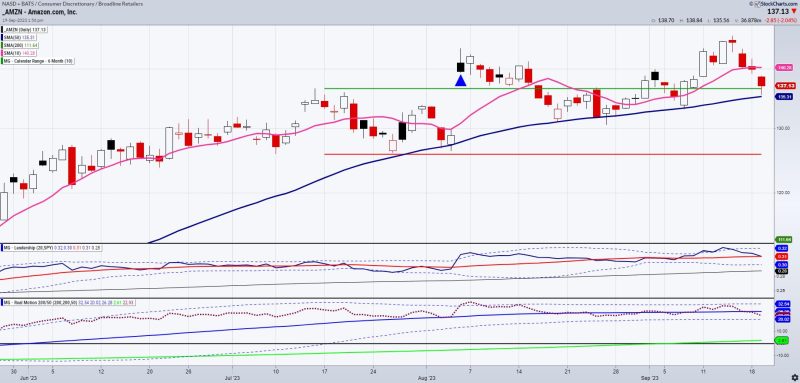
“Gearing Up for Wage Inflation: The Impact We Need to See
In today’s increasingly global economy, wage inflation is a factor that is both unavoidable and fraught with controversy. As wages increase, profits decrease, forcing businesses to make decisions that balance both their immediate and long-term financial health. In this article, we’ll explore the stats and underlying implications of wage inflation, as well as potential strategies for managing it.
One major indicator of wage inflation is the Consumer Price Index (CPI) – an economic measurement of the changing price of goods and services. When the CPI rises faster than the rate of wages, employers experience wage inflation. This gap means that workers must be paid more to cover their increased costs of living, resulting in a ripple effect throughout the economy.
Other stats worth keeping an eye on are the Federal Reserve’s Labor Market Conditions Index (LMCI) and wage and salary growth. The LMCI is a measure of labor market health that takes into account key components like employment, unemployment, wages, hours worked, layoffs, and hiring intentions. Wage and salary growth is a long-term indicator that sits near the top of the list when measuring the overall health of the economy – when it is up, that typically indicates that households are receiving more income, which encourages spending and investment.
Clearly, wage inflation has both positive and negative implications, depending on which side of the equation you’re on. For workers, it leads to increased purchasing power and more overall economic stability; it can lead to higher wages for certain professions, and increased job security for others. On the flip side, for employers, wage inflation can eat into profits when other costs aren’t offset by employee gains.
Thankfully, there are a number of strategies for dealing with wage inflation. Employers should make sure they are offering competitive wages which take into account both local economic conditions and the abilities of their employees; likewise, they should also consider instituting bonuses and other incentives to reward exceptional work. Other strategies include upskilling programs to help employees remain marketable, and considering outsourcing for non-core activities if hiring is deemed too costly.
Ultimately, the best way to mitigate the effects of wage inflation is for businesses to keep a close eye on their costs and financial health. By being proactive, employers can better prepare for long-term financial stability and reap the benefits of their employees’ increased purchasing power. Wage inflation is an inevitable part of today’s global economy – the key is to be prepared and have strategies in place to ensure it doesn’t cause unnecessary financial difficulties.

